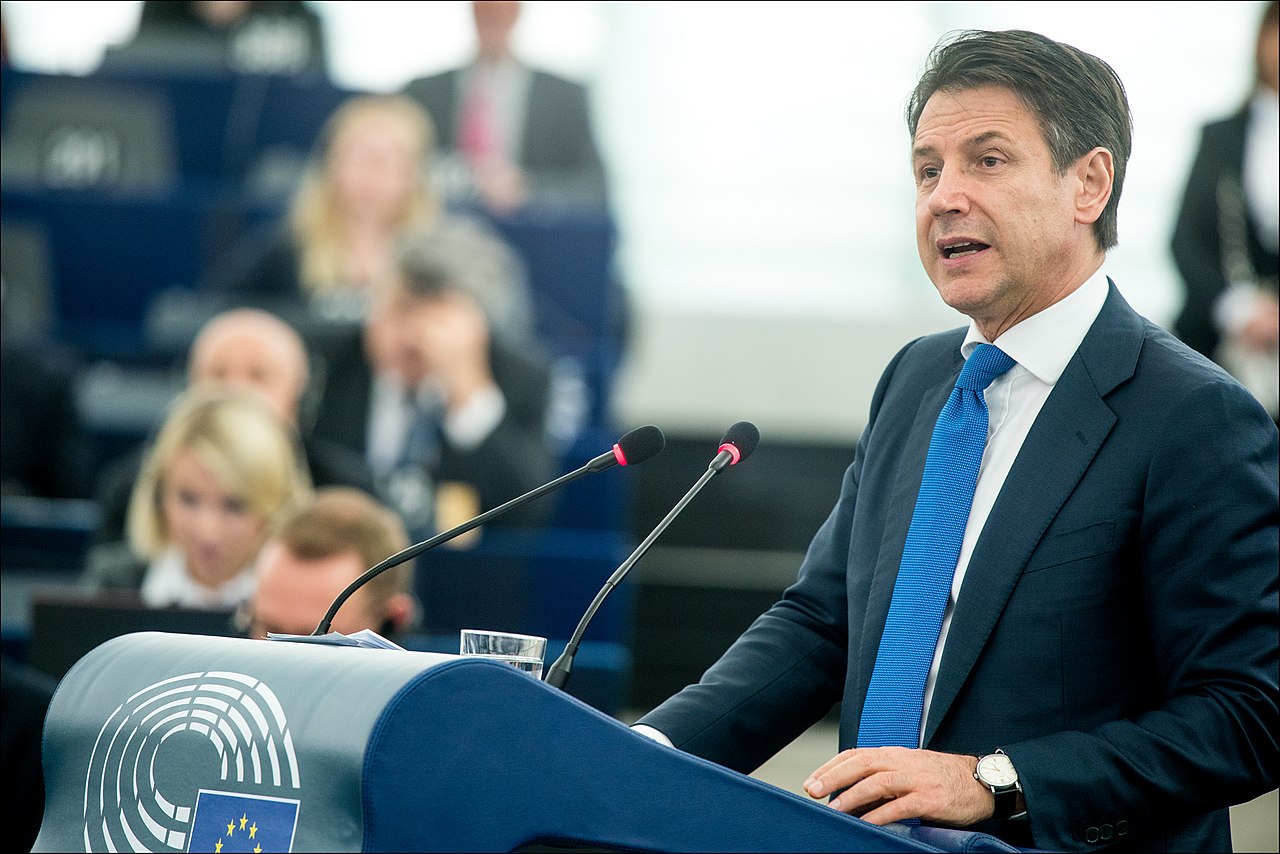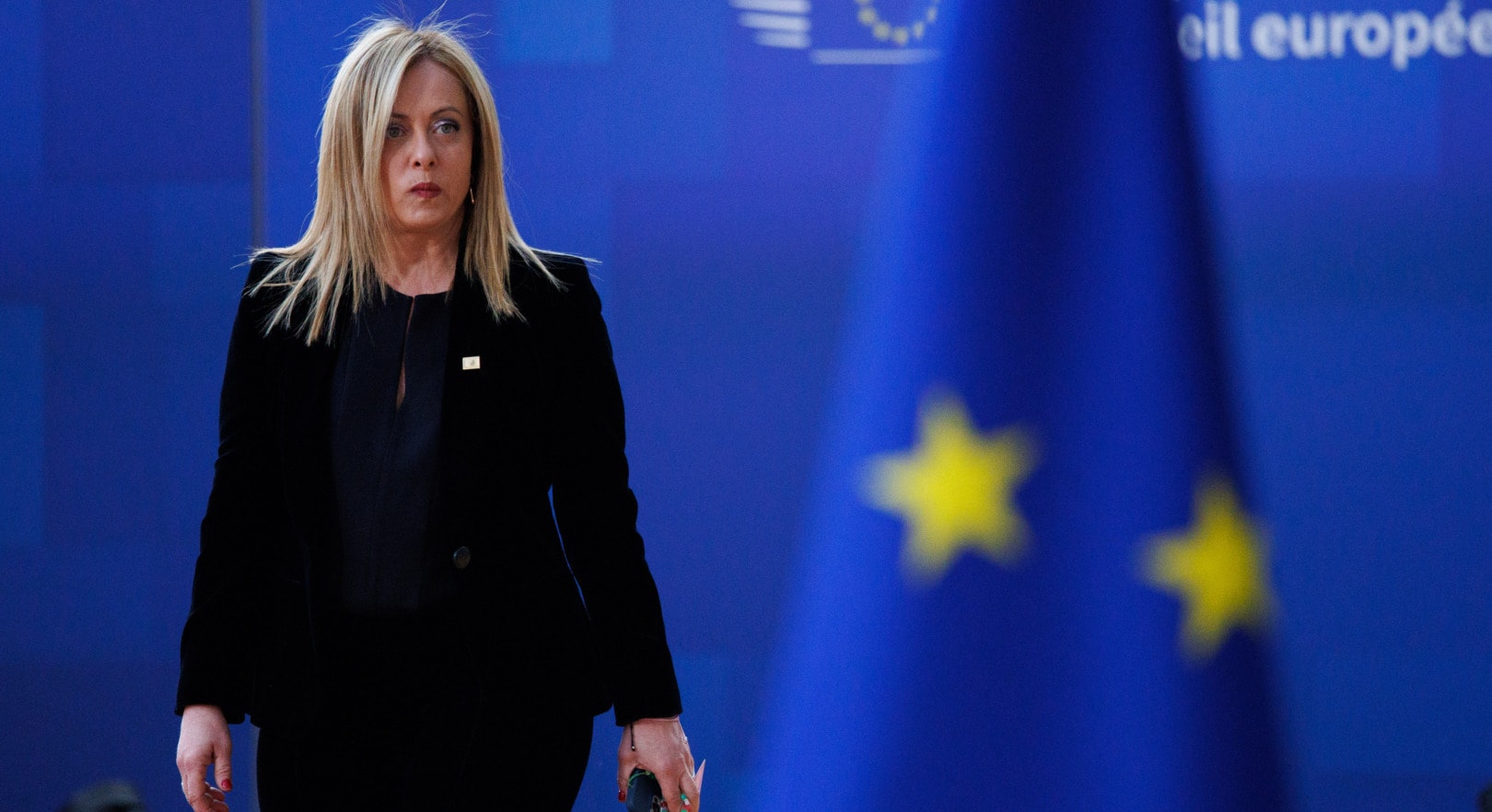Populism’s triumphal march in Europe, apparently unstoppable, may be slowed down or even arrested. Impakter Italia’s Stefano Iannaccone identifies a recent shift in populism’s fortunes in an article published on 10 September. This is part of our continuing editorial collaboration with Impakter Italia.
In the beginning there was talk of populism, which created a convergence on another term: sovereignism. And beyond the preferred path, the propaganda logic was the same: to pursue the interests of the “people” in the name of defending the nation, to the detriment of supranational organizations. Above all, at the expense of the European Union.
The story is common to various countries, albeit in different contexts and in apparently unrelated situations. What indeed does Boris Johnson have in common with Matteo Salvini? And what do Tories and the Italian Lega party have to do with the extreme German right Afd party?
Apparently little or nothing. Yet a logical thread exists: The possibility that the tools of democracy could curb their advances.
The story of Boris Johnson is emblematic: the former mayor of London, now Prime Minister, was intent on pushing straight to complete the so-called “hard Brexit”, with the No Deal, or the absence of any agreement with the EU.
The prime minister had even decided to “shut down” the parliament, avoiding the annoyance of a debate in the classrooms.
In the video: The British government’s plans for a no-deal Brexit warn of severe disruption to cross-Channel routes, affecting the supply of medicines and foods as well as widespread protests. The warning is in a document titled “Operation Yellowhammer” outlining the worst-case assumptions, that had been available to the government since 2 August thus providing it with a basis for its no-deal planning. It was made public only on Wednesday 11 September at the request of Parliament.
Instead, Johnson has suffered from Parliament itself a setback with a series of negative votes that seems to have further weakened his position. Even the project to return to the vote immediately, as the new leader of the British conservatives would have liked, was stopped.
From London to Rome: Populism no longer a winner?
Once the story is told in those terms, the parallel with Matteo Salvini is clearer: anyone who has followed the Italian political news of the last few weeks can readily see the similarities.
This summer, the leader of the League, Matteo Salvini, triggered a government crisis on 8 August, “summoning” Parliament to declare the end of the executive and call for early elections.
But the political agreement between the 5 Star Movement and the Democratic Party overturned that scenario. Salvini, who as Minister of Interior had evoked “full powers” in a campaign tour this summer, now finds himself in the opposition. And if the alliance supporting the Conte 2 government (here is a summary of the program) were to hold, Salvini would remain in opposition until 2023.
A true crossing of the desert, as most analysts would define it.

The two populist nationalisms, though they have different roots, are both stopped in their tracks by a too-often-reviled democratic institution: Parliament.
A word of warning, however, is in order. It is worth underlining that for both Johnson and Salvini we cannot yet speak of “defeat” or of some “final surrender”. On the contrary, it is only a temporary knock out.
Both, in fact, still have broad popular support, albeit more fragile following the missteps of recent weeks. If this is “the beginning of the end”, we will get confirmation of this in future. A lot will depend on the action of political opponents, called upon to capitalize on the troubles the two leaders are now facing.
The German example: Populism wins but not enough
In this context, Germany’s extreme right Afd also needs to be considered. The extreme right that in Germany fails to break through. It advances, but not to the extent necessary to defeat traditional parties. In the recent elections in Saxony and Brandenburg Afd came in second, certainly with a high percentage (27.5% in Saxony and 23.5% in Brandenburg) but which did not guarantee success. Contrary to what was expected, Afd did not topple the mainstream parties.
In this case the antibodies were not the institutional ones, like the Parliament: the high participation of the voters in these two Länder expressed a significant desire to contain German sovereignists. In short, even in this case a (half) setback.
And on this point, Gwynne Dyer‘s reflection on the Italian Internazionale political news magazine is illuminating:
“The virus of nationalism still infects the politics of many European countries; and even the long-term future of the European Union, guarantor of peace on the continent in the last sixty years, cannot be taken for granted. But now it is clear that extreme right-wing nationalists do not always win, they can also lose.”
As she put it, the “rose is fading”, we may well now be “close to the populist peak”.
Editor’s note: We may be close to the populist peak, but perhaps not close enough. There may yet be some rough moments before chauvinistic populism fades away, as this Financial Times interview focused on the British political situation suggests:
Featured image: Matteo Salvini Source: Impakter Italia.














